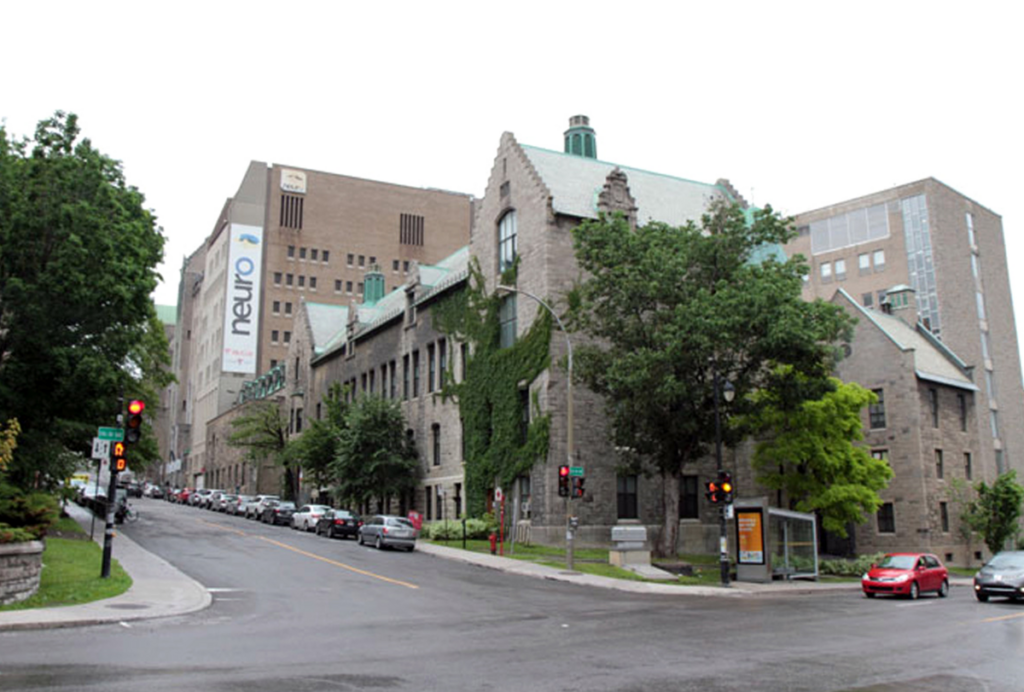Research roundup
- Copy number variations and other identifiable, likely pathogenic, chromosomal anomalies occur in about 21 percent of Han Chinese people with neurodevelopmental conditions, according to a cohort study. npj Genomic Medicine
- Gentle touch promotes social behavior in mice and is mediated by a neural pathway involving tachykinin and oxytocin. Neuron
- Cannabinoids may help treat disruptive behavior in autism, but other medications (fluoxetine, oxytocin and bumetanide) have not proven therapeutic for autism traits, according to a review of recent clinical trials. Current Opinion in Psychiatry
- Children and adolescents in the United States with autism and anxiety have difficulty accessing mental health care, according to parent reports. Journal of Developmental & Behavioral Pediatrics
- With single-cell RNA-seq data, researchers can reduce noise by analyzing the distribution of gene expression for a person and comparing distributions between cases and controls. Genome Biology
- Many factors, including language, cultural differences and training costs, can impede autism screening and diagnosis in low- and middle-income countries. Focus on Autism and Other Developmental Disabilities
- Autistic people show less response to emotional facial expressions than non-autistic people do, as measured by electroencephalogram responses in somatosensory brain areas. Journal of Neuroscience
- A nasal spray containing Syntocinon, a modified form of oxytocin, appears to lessen autism traits at relatively low doses, according to a clinical trial. Brain
- More than 85 percent of U.S.-based pediatric practices struggle to deliver behavioral health care, according to a national survey. Annals of Family Medicine
Science and society
- Researchers can now post a request to connect and collaborate with autistic people and their families on the International Society for Autism Research Career Center web page. The International Society for Autism Research
- Temple Grandin reveals her preference for the practical over the abstract to address societal problems in a new Q&A. The New York Times
- More than 100 disability advocacy organizations have signed an open letter to Centers for Disease Control and Prevention director Rochelle Walensky in response to her comments on COVID-19 being more lethal in people with comorbidities. Autistic Self Advocacy Network
- A new index for scientific publications, OpenAlex, has launched; it cross-references authors, journals, institutions and topics. Nature
Job moves
- Autism researcher Micheal Sandbank of the University of Texas at Austin announced her plan to relocate to the University of North Carolina at Chapel Hill next year. Twitter


